Pets licking themselves or their surroundings is as commonplace in a pet owner’s life as the jingle of a collar. Licking is often a sign of affection, a grooming habit, or simply a way of exploring the world. However, when your pet starts licking excessively, it might be time to look deeper into this behavior. At Emerald Animal Hospital in Los Angeles, California, we understand your concerns about your pet’s health and are here to help you determine why your pet may be licking excessively.
Understanding Why Pets Lick
Normal Reasons for Licking:
- Grooming and Hygiene: Licking helps pets clean themselves and maintain their fur. It’s their way of staying tidy.
- Affection and Bonding: Licking is a natural behavior that originates from a mother licking her pups or kittens to clean and comfort them. Pets often extend this behavior to their owners as a sign of love.
- Exploring Their Environment: Pets use their tongues to explore textures and tastes, just as humans use their hands to feel and explore.
Abnormal Reasons for Licking:
- Medical Issues: Conditions such as allergies, skin infections, or pain can lead to excessive licking.
- Psychological Issues: Stress, anxiety, or boredom can also manifest through constant licking.
Recognizing Excessive Licking
Normal licking becomes excessive when it turns into a compulsive behavior or when your pet focuses on licking the same spot repeatedly, often leading to bald patches or skin damage. Another warning sign is when your pet persistently licks non-food objects. Observing these behaviors in your pet might indicate an underlying issue that requires attention.
Medical and Psychological Causes of Excessive Licking
Medical Causes:
- Allergies and Skin Infections: Irritations can cause discomfort, leading your pet to lick the affected area excessively.
- Pain from Arthritis or Other Injuries: Licking can be a soothing action that helps ease the pain.
- Gastrointestinal Issues: Problems like nausea or indigestion can also lead pets to lick excessively.
Psychological Causes:
- Anxiety and Stress: Pets often lick to comfort themselves in times of stress or anxiety.
- Boredom: Without adequate mental and physical stimulation, pets may start licking excessively as a way to cope with boredom.
Importance of Veterinary Care
Identifying the root cause of excessive licking is crucial because it can indicate more serious health issues. Regular check-ups can help catch potential problems early, decreasing the likelihood of complications. Emerald Animal Hospital offers comprehensive Wellness & Preventive Care services to keep your beloved pet in optimal health.
How Emerald Animal Hospital Can Help
Our clinic is equipped with advanced Diagnostics tools to help pinpoint the exact cause of your pet’s excessive licking. We offer a variety of treatment options, including allergy treatments, pain management, and behavioral therapy, to address the root of the problem. Our team is dedicated to creating a personalized care plan for each pet, ensuring they receive the best possible care.
Prevention and Home Care Tips
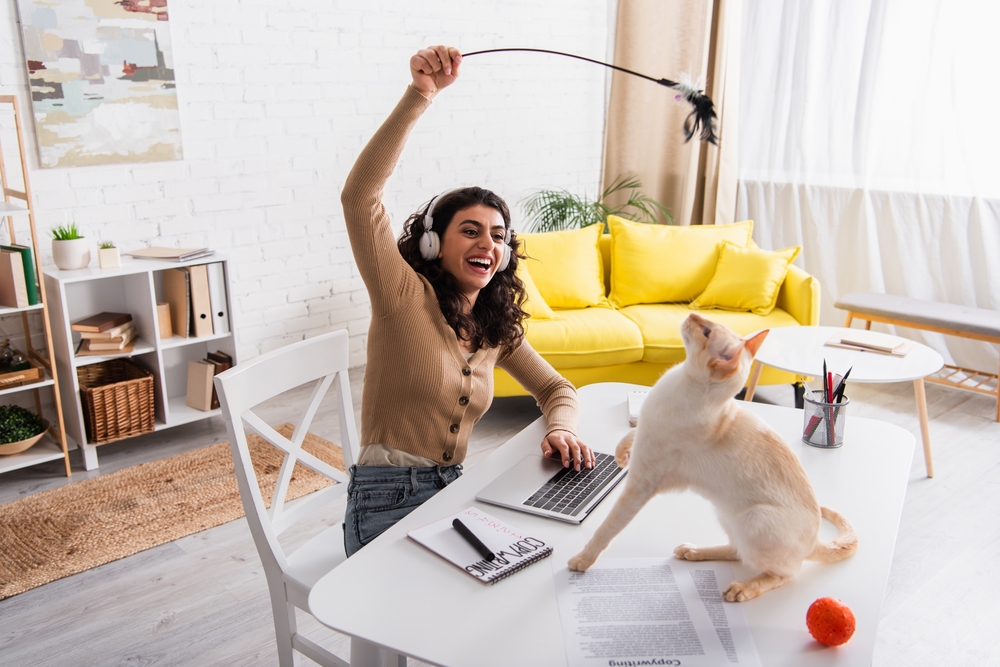
Enhancing your pet’s environment can greatly reduce stress and boredom, leading to healthier behavior patterns:
- Explore DIY Enrichment Toys to keep your pet mentally stimulated.
- Maintain a routine of regular grooming and check-ups to manage allergies and skin conditions.
- Ensure a balanced diet and regular exercise to keep your pet physically healthy and mentally alert.
Conclusion
Understanding why your pet licks and recognizing when it becomes excessive are important steps in maintaining their health and well-being. If you notice any unusual licking behavior in your pet, don’t hesitate to contact us. You can reach Emerald Animal Hospital for an appointment through our Contact page. Let us help you ensure your pet leads a happy, healthy life.
Remember, your pet’s health is our top priority. Whether it’s routine wellness checks or more specific behavioral issues, our team at Emerald Animal Hospital is here to provide expert care tailored to your pet’s needs.



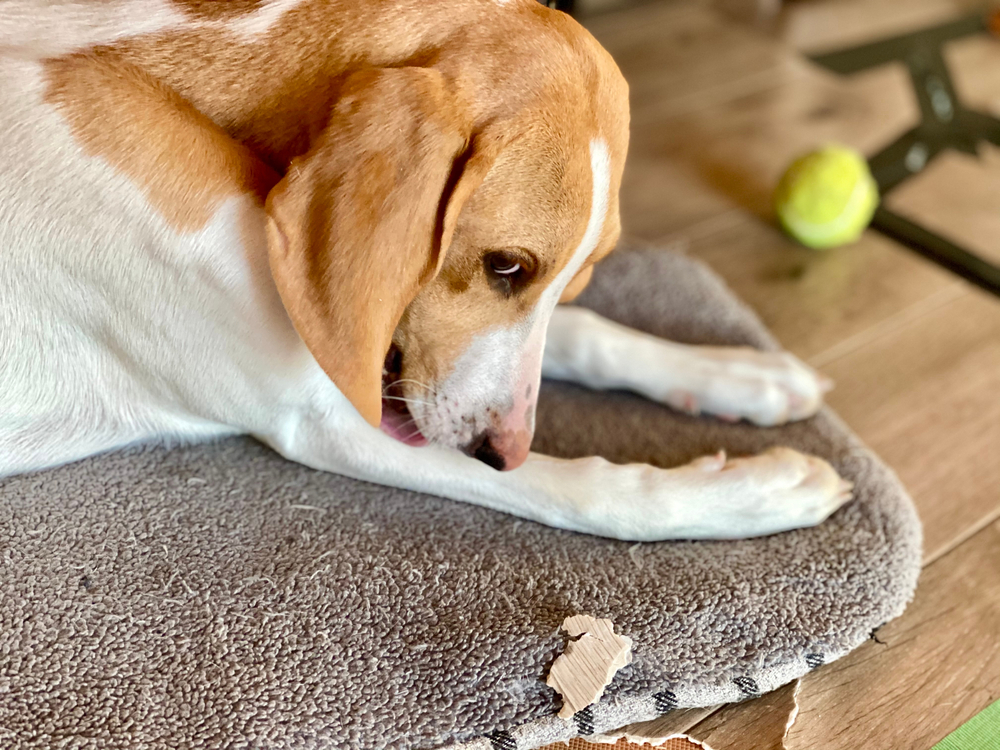
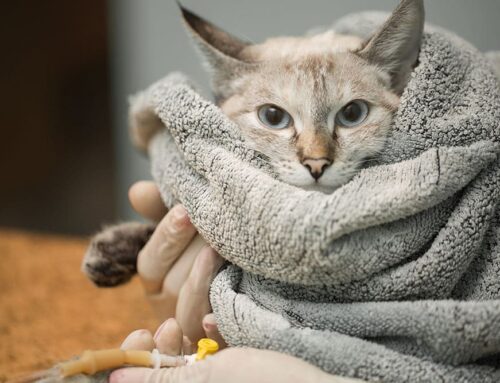
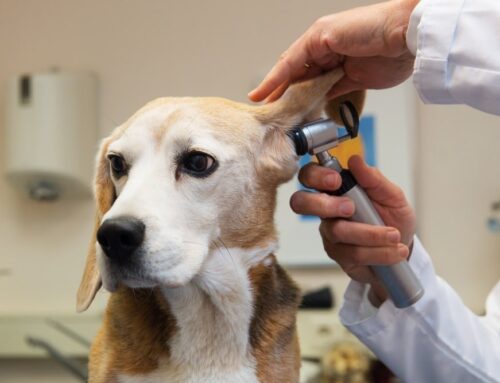
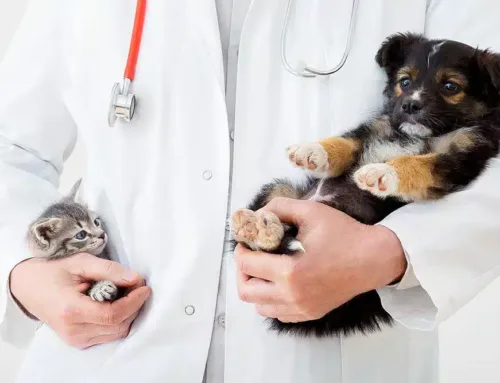


Leave A Comment